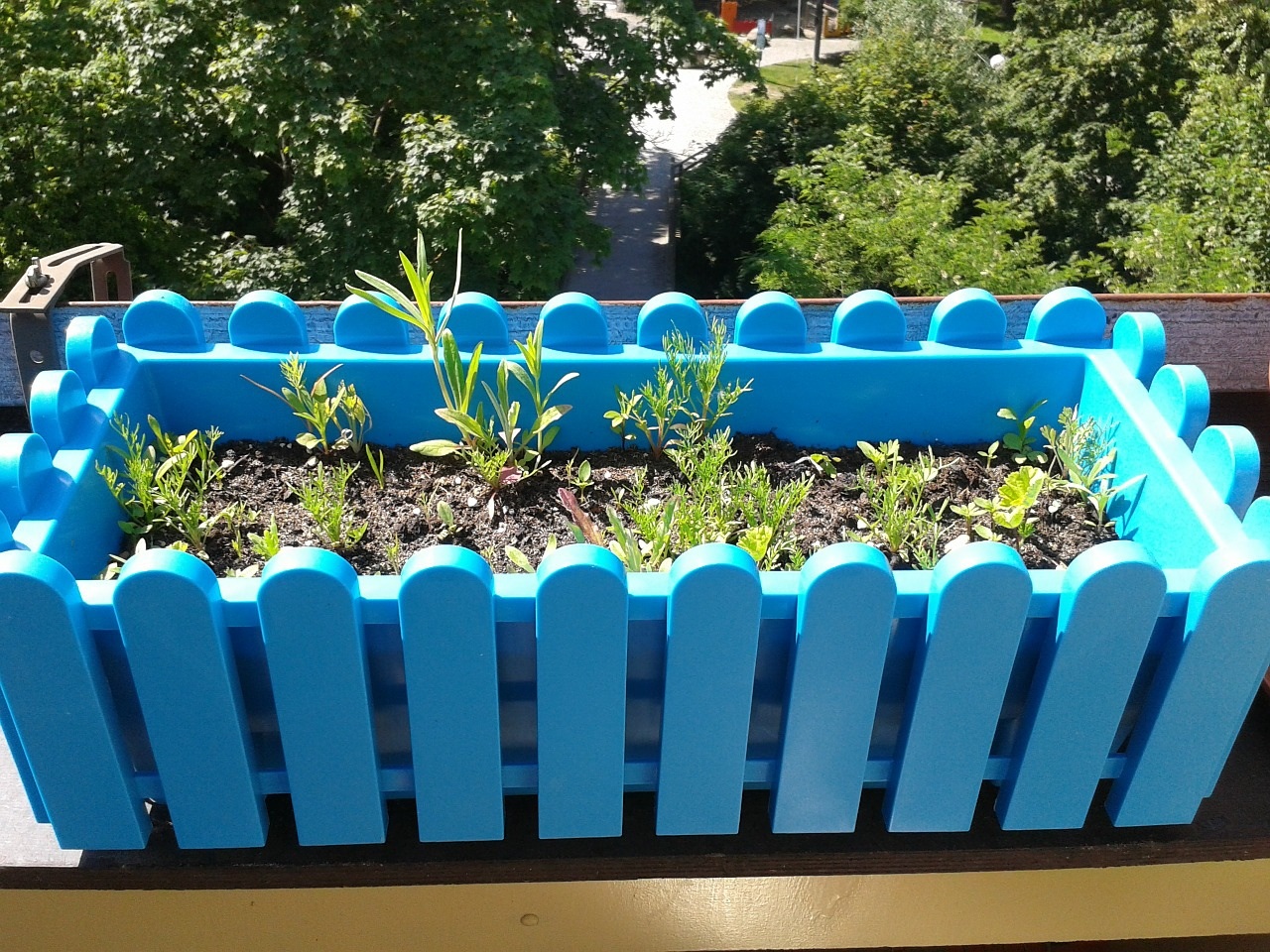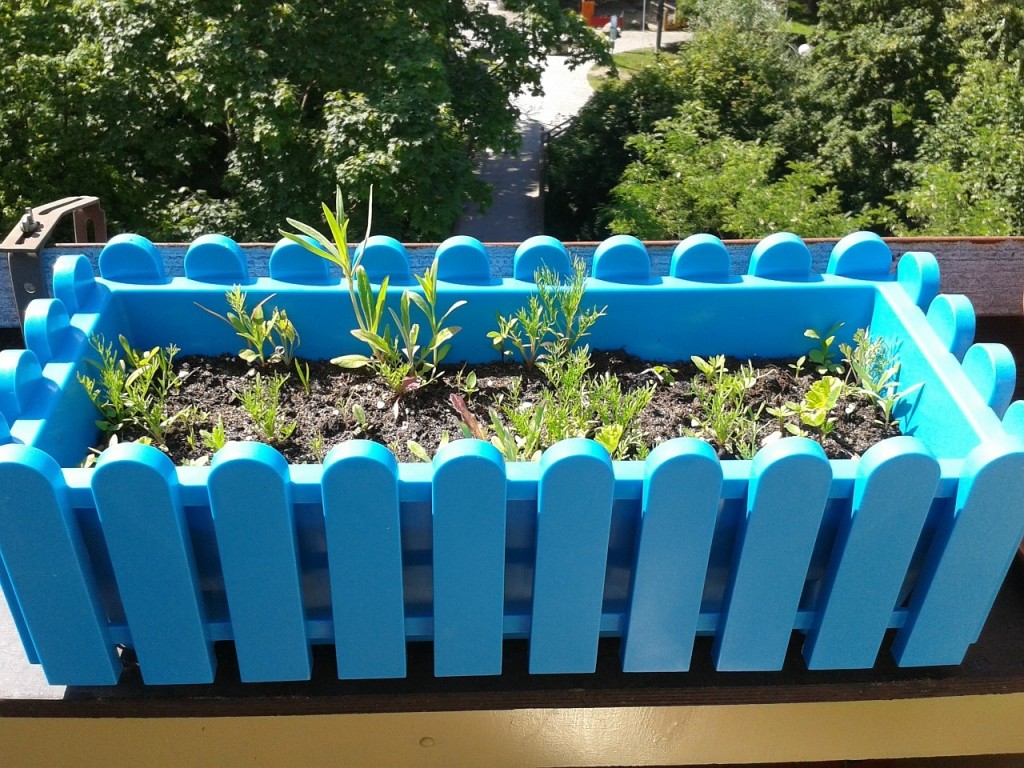Did you Know There are Widgets and Optins for Facebook?
I didn’t know until today thanks to Natalie Sisson. In Day 3 of the 10 Day Social Media Challenge, Natalie asks a question that is personally embarrassing for me. She asks:
How are you using Facebook to build your brand and business?
I have to say that I haven’t used Facebook well enough. As I was writing my blog post yesterday titled How to Present Yourself in the Best Light in Social Media Platforms, and was creating analogies for what some of the social media platforms represent to me, I purposefully left my analogy for Facebook out based on the the lesson Bambi learned, “If you have nothing nice to say, don’t say anything at all.” Don’t get me wrong, though. Of course there are good things that Facebook offers. However, I don’t know if it’s just me, or if I’m the only one that has experienced Facebook negative repercussions when I see people using Facebook for the wrong reasons, at the wrong time and by the wrong people. I realize much of this Facebook misuse has to do with netiquette. You know what I mean: People sharing way too much… including profile pictures of the unborn. I respect the choice that people have to post what they want. It’s a freedom that people wish to exercise and in many cases, it’s a guaranteed freedom. My personal philosophy is that everybody needs to treasure certain things SO much so, that at the very least, those things that they truly treasure remain sacred. I don’t know what it is about Facebook that makes people strip down, both literally and figuratively, and reveal as much as they can get away with. There is even a funny episode on Ellen DeGeneres in which Ellen calls out her guests on some of the photos that they post on Facebook without thinking that the photo they’re posting could be THE photo with which they’re publically embarrassed with on national television.
“If you want to push someone in your life away, post the most self-absorbed and insignificant Facebook messages you can think of.”
Look! Your name is in Lights on Facebook!
As I have been trying to convey, I don’t know what it about Facebook that causes ego and societal conflict. Yes, you read correctly. Conflict. It’s almost a war between the “haves” and the “have nots.” People ask, “How many followers do you have on Facebook?” “How many Likes did you get on the photo you last ate at a restaurant?” It’s almost like trying to keep up with the virtual Joneses. Now it’s not a matter of how much money you have, it’s a matter of how many “Likes,” and “followers” you have. And the impact of bullying or public humiliation on Facebook, or any other social media platform, for that matter, can cost precious lives. The way some people use Facebook can sometimes be vicious , but what’s worse, is that we can be even more vicious with ourselves because we compare our “success,” “value” and “popularity” with the Facebook measuring stick. I don’t know about you, but I really do think that YOU and I are much more valuable, lovable and worthy of Facebook psychometrics. Of course, I understand, and so should you, that Facebook is a wonderful business tool. But remember that it’s a tool, not the end-all-be-all gauge to who you are.
So how have I used Facebook? Not enough. Why? Precisely because I’m very cautious of doing exactly what has turned me off in Facebook all these years. Put bluntly, I don’t want to be the cause of somebody else’s negative experience with this platform.
There is hope for using Facebook in a Meaningful Way
This January, I was fortunate enough to join a private Facebook group hosted by a couple of authors whom I greatly admire. I was hesitant to joining because I had never been able to extract any real value out of Facebook, (even though I do have my followers and friends), but I joined the group so anyway and I’m super glad I did. It seems to me that the popularity and wide-open door that Facebook has is analogous to the world that we live in. There are many loud and disrespectful people on it. However, in a more intimate setting of a private Facebook group, people seem to “remember,” and thankfully “apply” their manners wonderfully, and for the most part, Facebook groups make you feel safer. Since then, I’ve joined other lovely facebook groups hosted by Natalie Sisson and Natalie MacNiel and I have to say, they too, also make sure that their Facebook groups feel homey and secure.
Caveat on my Interpretation
Perhaps my analysis of how many Facebook users sometimes cross the line is totally opposite of what you’ve experienced, and you see men, women, teens and age-appropriate children interacting supremely well at every moment. And that’s cool for you! Awesome. Or maybe it’s just a matter of interpretation, which is totally fair (so forgive me if I seem to be rambling on, on what to you may be a futile point). But what I know for sure, is that when you present yourself on Facebook, you ought to take Sally Hogshead advice into consideration, you HAVE to be fascinating. You can read her book Fascinate to learn more about how the world perceives you and how you can use your true essence to your advantage. Above all, be purposeful in how you say what you say. Add that unique oomph! Don’t be blah!
So given that I’m definitely not the Facebook guru you were perhaps expecting, please follow Natalie Sisson’s advice on the extra features that can make your Facebook business page truly wothwhile. In comparison to her wealth of knowledge, I have one tiny thing tip that I’ve learned in all my time using my personal Facebook. Edify! In other words, UPLIFT people and yourself by providing something of value. Edify your business. Edify your brand.
“Before posting anything on Facebook, ask yourself, ‘If somebody else posted what I’m about to post, would I personally find it valuable?'”
If you are sure you would find your post valuable, then great, go right ahead, post it (By the way, posting something just to laugh for half a nanosecond doesn’t count). If you don’t find what you’re about to post valuable, do us all a favor and don’t post it. Apply the Golden Rule. In the words of Bambi’s lesson, but with a slight twist “If you don’t have anything truly interesting to say, don’t post anything at all.” I can guarantee that when you post UPLIFTING things perhaps you won’t get as many likes as if you posted other things (because not everybody “digs” the valuable and more profound things in life), but at least you can feel good, really, really good about what you posted… especially because you will know that you didn’t pollute the cyber ecosphere… and instead you planted what may seem like a tiny and insignificant seed that has the potential of growing into something great.

Making Sure You Apply the Tips
The purpose of this blog post was simply an invitation for you to reflect on your use of Facebook. So what do you think about the following questions:
- How are you using Facebook to build your brand and business?
- How do you use your personal Facebook profile successfully and purposefully?
I welcome you to join this discussion, which I’m aware is a bit controversial, by sharing your comments below. If you found this post useful, please share it with your friends, on Twitter, on Pinterest, via email, in Facebook— everywhere! 🙂





Funny, I was going to write about this for Day three but chose to focus on how I’m building and growing community with the groups feature.
I sometimes have TMI moments on FB to get folks to open up about their health issues (mainly, digestion and poop habits, LOL), but I do find myself cringing regularly at what I feel is oversharing and inappropriate.
I think first-time parents should be able to get a pass on their overposting (yes, they’re posting about stuff all babies do, but it’s a NEW experience or them as parents, so I just let it go), but I draw the line with posting the sonogram photos. Energetically, I just can’t get behind it. Some old-school traditions are worth holding on to.
Yes, Melissa, there seems to be a “subjective” fine line the delineates what is appropriate and inappropriate to share online, but as you’ve said so well, “some old-school (which I would say some common sense) traditions are worth holding on to.” As I’m responding to this, I’m thinking that back in the day,several decades ago, some of the most “popular” forms of communication were newspapers, radio and television. When we’re wondering whether or not we should post something online, what we can do, is ask ourselves: If I wouldn’t publish what I want to say in a newspaper for the whole town/city/country to see, what makes me think it’s right to publish what I publish on Facebook or other platforms? The same applies to sharing our information on a radio station that someone else in the world can tune into and hear. And it also is applicable to TV commercials. In other words, would we make a radio ad out of everything or most of the things that we post on social media? Would we spend thousands of dollars on TV airtime to share what we share on TV? It doesn’t make too much of a difference if we’re imagining these scenarios several decades ago, in our present or in the future. We can still ask ourselves that same question: If we wouldn’t use the more traditional forms of communication (TV, radio and newspaper) to share what we want to share, why should we and do we share this information on Facebook and other social media platforms where the whole world can literally see it in seconds AND where we loose our ability to retrieve what we said if somebody saved what we said? And these questions are really just skimming the surface. There is still lots to be said about how our words and what we say impact everything, literally.